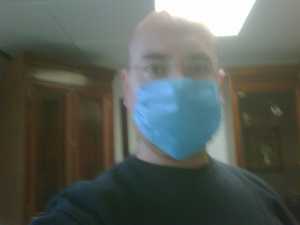Author Interviews, Infections, Pediatrics, Vaccine Studies / 23.02.2018
New Vaccine Administered To Newborns Protects Against Rotavirus Gastroenteritis
MedicalResearch.com Interview with:
Professor Julie Bines
Inaugural Victor and Loti Smorgon Professor of Paediatrics and Deputy Head of Department of Paediatrics University of Melbourne.
Murdoch Childrens Research Institute
MedicalResearch.com: What is the background for this study? Would you briefly explain the significance of Rotavirus infections?
Diarrhoea is one of the leading causes of child illness and death, and rotavirus is the most common cause of severe diarrhoea. Globally rotaviruses cause approximately 215,000 deaths in children under five years. This disease doesn’t discriminate – it infects children worldwide under the age of five – irrespective of what environment you live in.
The rotavirus vaccines that are currently available work very well in places like Australia, the US and Europe but they don’t seem to work as well in low income settings in Africa and Asia where severe gastroenteritis is common and many children die.
In a world-first clinical trial conducted in Indonesia, the oral RV3-BB vaccine was administered to babies within their first five days of life. Current rotavirus vaccines can only be administered to children older than six weeks, which leaves newborn babies particularly vulnerable to rotavirus infection. In lower resource settings, birth is often the best contact between mother, baby and health services.
The oral RV3-BB vaccine was developed from the human neonatal rotavirus strain RV3 identified in the stool of healthy newborn babies. It does not naturally cause diarrhoea like other rotaviruses. The RV3-BB vaccine program aims to take advantage of the characteristics of this novel strain to target a birth dose vaccination strategy. (more…)





